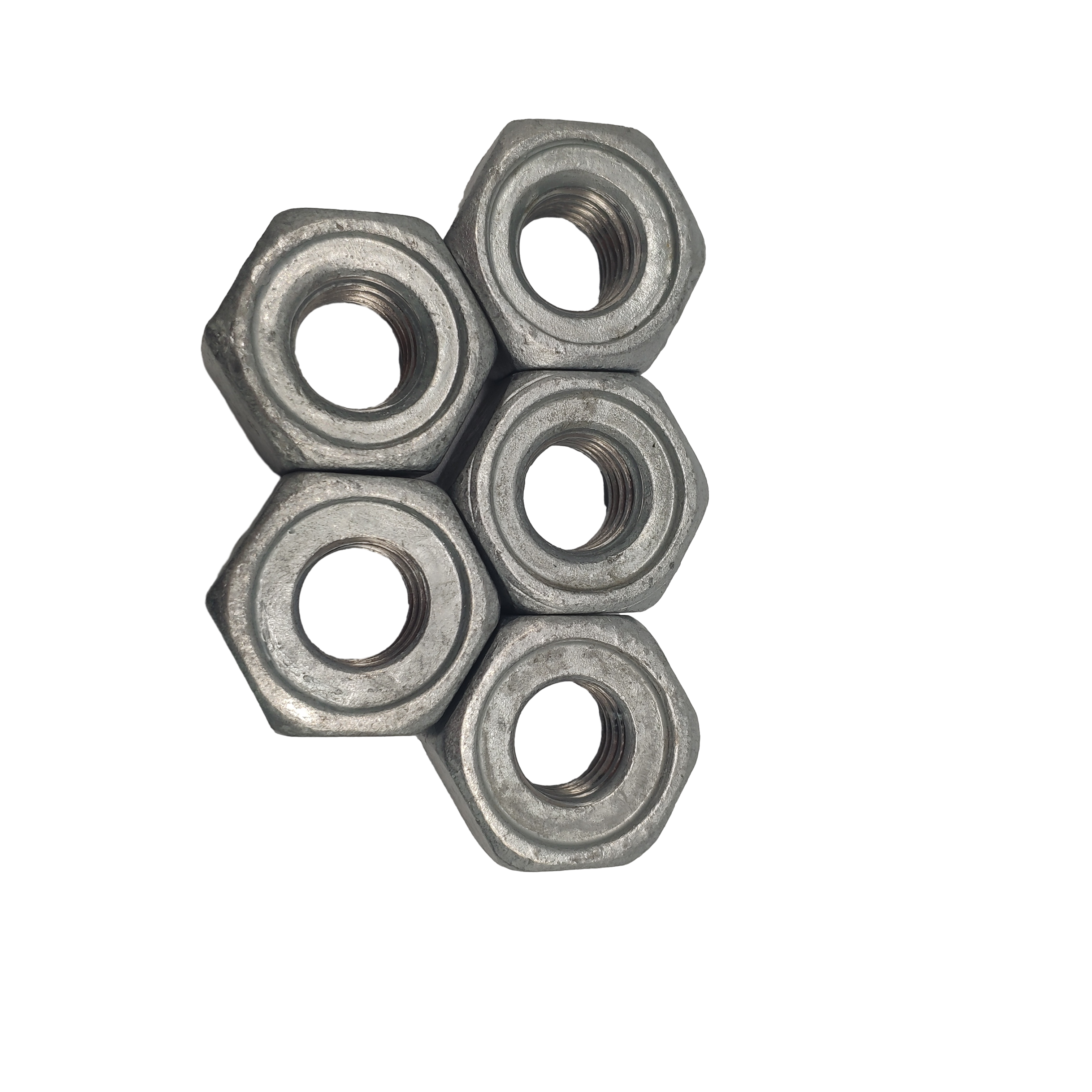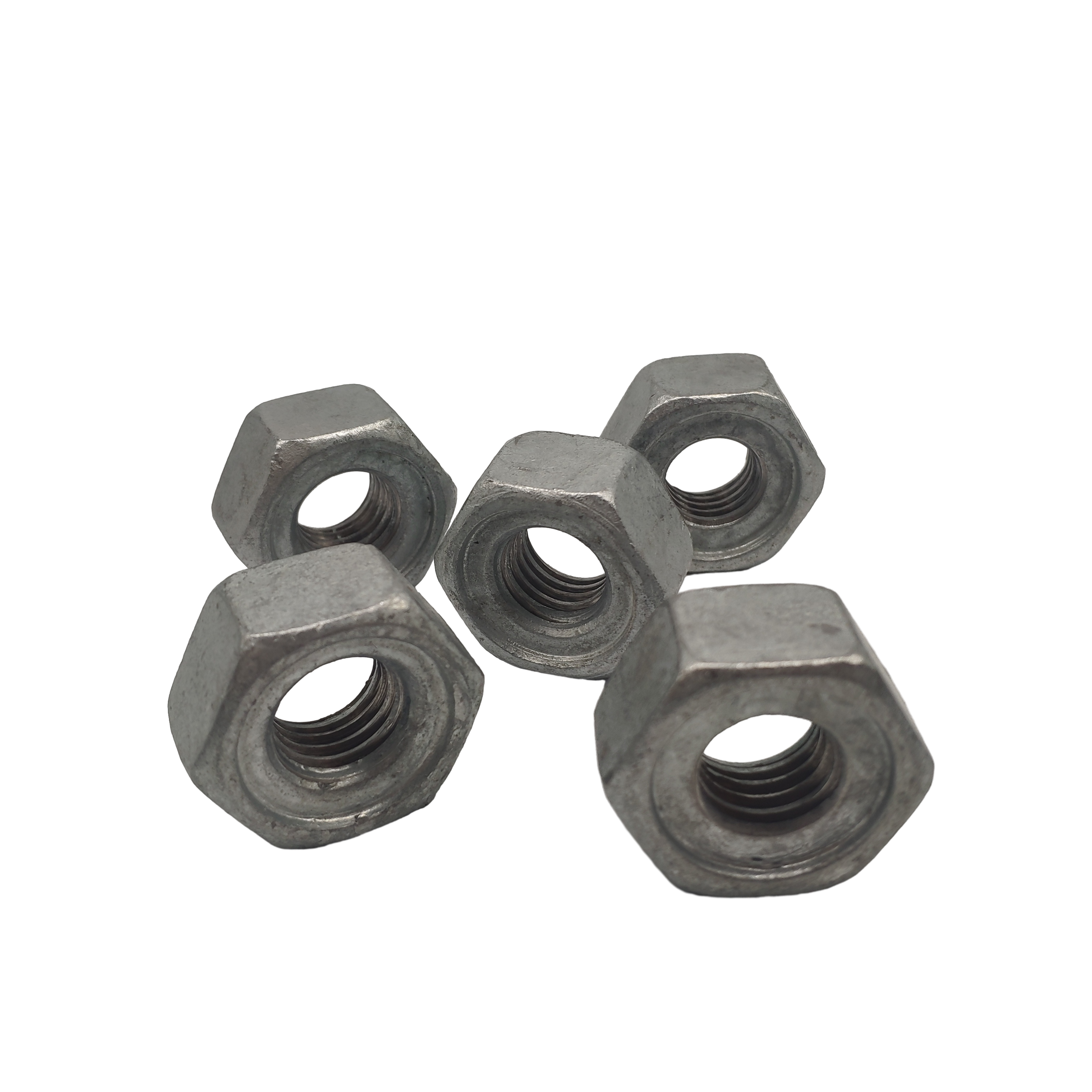Essential Building Blocks That Hold Our World Together
In the vast landscape of engineering and construction, fasteners play a crucial yet often overlooked role in keeping our modern world intact. From the soaring skyscrapers that define city skylines to the devices we hold in our hands, fasteners work tirelessly behind the scenes, ensuring the structural integrity and functionality of countless applications. These mechanical components represent the perfect fusion of precision engineering and practical necessity, embodying centuries of technological evolution.
The importance of fasteners extends far beyond their simple appearance. They are the fundamental elements that enable the assembly of complex structures, machinery, and everyday items. Without these essential components, our built environment would quite literally fall apart. Understanding their significance requires delving into their diverse applications, technological advancements, and the critical role they play in modern engineering.

The Evolution of Fastening Technology
Ancient Origins and Historical Development
The story of fasteners begins in ancient civilizations, where early engineers developed primitive methods to join materials together. From wooden pegs used in shipbuilding to crude metal pins in construction, these early fasteners laid the groundwork for modern fastening technology. The Romans made significant advances with their development of metal fasteners, which proved essential in their architectural achievements.
As civilization progressed, the Industrial Revolution marked a turning point in fastener evolution. The standardization of threads and the development of mass production techniques revolutionized the manufacturing of fasteners. This period saw the emergence of precisely engineered bolts, screws, and nuts that could be produced consistently and reliably.
Modern Manufacturing Innovations
Today's fasteners benefit from cutting-edge manufacturing processes and materials science. Advanced coating technologies provide superior corrosion resistance, while computer-controlled machinery ensures unprecedented precision in production. Modern fasteners can be customized for specific applications, with properties like tensile strength, temperature resistance, and chemical compatibility carefully engineered to meet exact requirements.
The integration of smart materials and sensors has given rise to intelligent fasteners that can monitor their own condition and alert maintenance teams to potential failures. This revolutionary advancement in fastening technology has significant implications for safety and preventive maintenance across industries.
Applications Across Industries
Aerospace and Aviation
In the aerospace industry, fasteners face some of the most demanding requirements. These components must withstand extreme temperature variations, intense vibration, and high stress while maintaining absolute reliability. Aerospace fasteners are manufactured to incredibly tight tolerances and undergo rigorous testing to ensure they meet stringent safety standards.
Modern aircraft contain millions of fasteners, each playing a vital role in maintaining structural integrity. Special aerospace-grade fasteners feature unique designs that prevent loosening under vibration while minimizing weight – a crucial consideration in aircraft design.
Construction and Infrastructure
The construction industry relies heavily on fasteners to create lasting structures. From the foundation to the roof, fasteners secure everything from steel beams to wooden joints. Modern construction techniques employ a wide variety of specialized fasteners designed for specific materials and applications, ensuring optimal performance under different load conditions.
Infrastructure projects present unique challenges for fasteners, requiring exceptional durability and resistance to environmental factors. Bridge construction, for example, utilizes high-strength bolts and specialized fastening systems that can withstand decades of stress, vibration, and weather exposure.
Innovation in Fastener Design
Smart Fastening Systems
The integration of digital technology has revolutionized fastener design. Smart fasteners equipped with sensors can now monitor tension, temperature, and vibration in real-time. This capability allows for predictive maintenance and early detection of potential failures, particularly crucial in critical applications like aerospace and heavy machinery.
These intelligent systems can communicate with maintenance systems, providing valuable data about structural integrity and performance. The development of self-adjusting fasteners that can maintain optimal tension represents another breakthrough in smart fastening technology.
Sustainable Solutions
Environmental considerations have driven innovation in fastener design and manufacturing. New materials and coating technologies reduce environmental impact while maintaining or improving performance. Reusable fastening systems and recyclable materials are becoming increasingly common, supporting sustainable construction and manufacturing practices.
The development of bio-based and biodegradable fasteners offers promising solutions for applications where environmental impact is a primary concern. These innovations demonstrate the industry's commitment to sustainability while meeting demanding performance requirements.
Future Trends and Developments
Advanced Materials and Coatings
The future of fasteners lies in the development of advanced materials that offer superior strength-to-weight ratios and enhanced durability. Nano-engineered coatings provide unprecedented protection against corrosion and wear, while new composite materials promise to revolutionize fastener performance in extreme environments.
Research into self-healing materials could lead to fasteners that can repair minor damage automatically, extending service life and improving reliability. These developments will be particularly valuable in high-stress applications where maintenance access is limited or costly.
Digital Integration and Industry 4.0
The integration of fasteners into the Internet of Things (IoT) ecosystem represents a significant trend in the industry. Connected fasteners can provide real-time data about structural health, enabling predictive maintenance and optimized performance. This digital transformation is reshaping how engineers approach design and maintenance strategies.
Automated installation systems and robotic assembly processes are becoming more sophisticated, improving precision and efficiency in fastener application. These advances are particularly relevant in high-volume manufacturing and construction projects where consistency and speed are essential.
Frequently Asked Questions
What are the most common types of fasteners used in modern construction?
Modern construction employs a wide variety of fasteners, including structural bolts, self-tapping screws, anchor bolts, and specialty concrete fasteners. The choice depends on factors like load requirements, material compatibility, and environmental conditions. High-strength bolts are particularly common in steel construction, while specialized anchors are essential for concrete applications.
How do smart fasteners contribute to structural safety?
Smart fasteners enhance structural safety through continuous monitoring of critical parameters like tension, temperature, and vibration. They can detect potential issues before failure occurs, allowing for preventive maintenance. This capability is particularly valuable in safety-critical applications where failure could have severe consequences.
What role do fasteners play in sustainable construction?
Fasteners contribute to sustainable construction through various means, including the use of recyclable materials, reusable designs, and improved longevity that reduces replacement frequency. Modern fasteners also enable the construction of energy-efficient buildings by providing secure connections for advanced building systems and materials.

